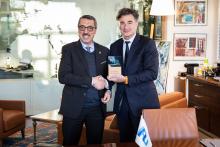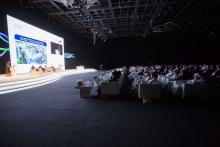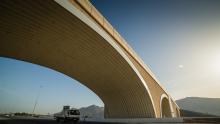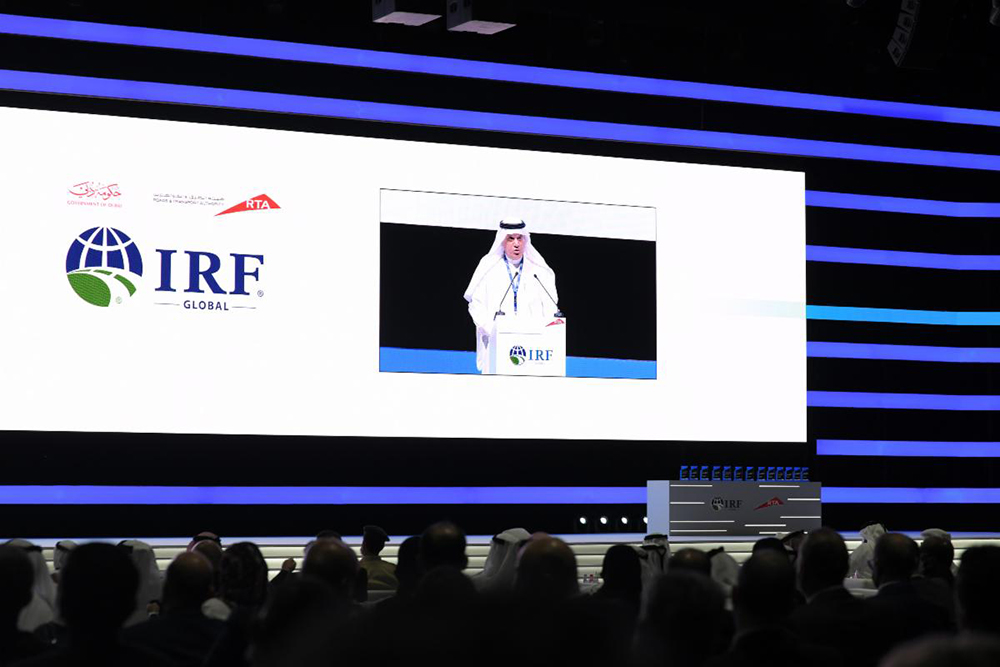
More than 250 papers and presentations were delivered by authors from 58 countries, representing an immense body of knowledge for policymakers and transportation stakeholders to utilise in the months and years ahead. The IRF World Meeting & Exhibition was also characterised by an enhanced focus on new mobility services whose emergence will continue impacting, challenging and inspiring the industry.
In the Closing Ceremonies, Senior Vice Chairman Dr Bill Sowell noted that the event, which brought together 2,487 delegates from around the world, achieved several objectives. These ranged from gathering professionals for in person face-to-face meetings; to specifically addressing current challenges in the sector; to charting a forward-looking strategy for the next decade.
The technical programme was assembled by a team of renowned specialists from 36 partner universities. It comprised numerous sessions that addressed the next generation of road mobility, resilient transportation services, “Vision Zero” road traffic injury strategies, and policy instruments to decarbonise the road sector.
"As demand recovers from the pandemic, it is our role to continue identifying models that reduce the footprint of the sector and fully prepare it for future mobility", said
C Patrick Sankey, IRF president & CEO. "This means greening our road networks, making them forgiving and self-explaining, more resilient to climate change, and readying our city streets for connected and electric vehicles."
IRF chairman HE Eng Abdullah Al-Mogbel stated: "These questions, and others, require a level of cross-industry consensus, which IRF is perfectly situated to address by building on the solid foundations of the 18th IRF World Meeting & Exhibition.”

ITS Sustainability Report Featured in Dubai
A new IRF report titled “ITS for Climate Impact Mitigation” was launched on November 8th, 2021 during the 18th IRF World Meeting & Exhibition.
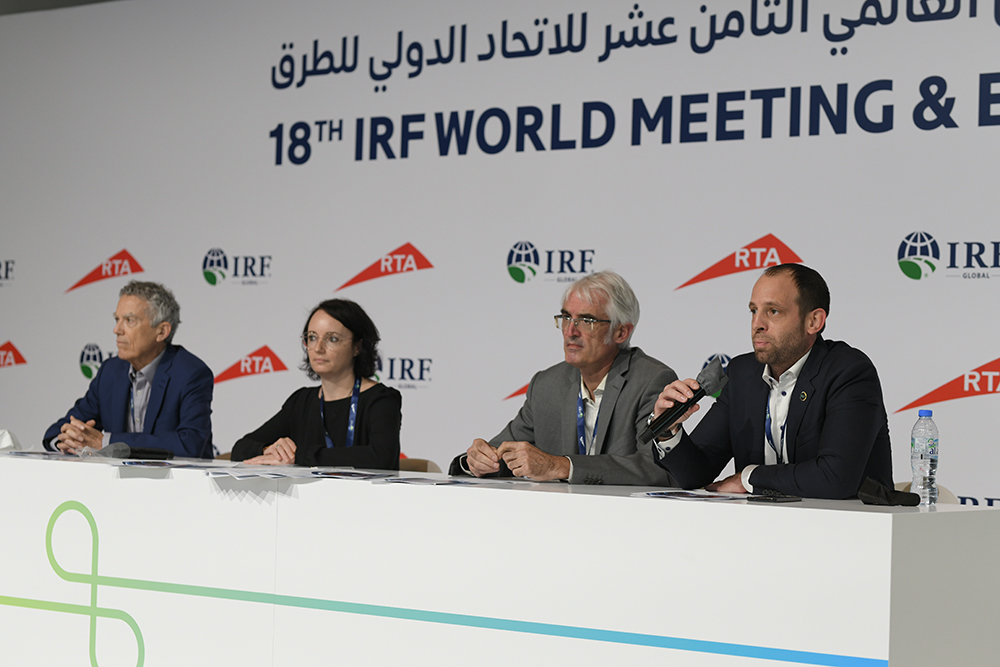 This report addresses the important role of Intelligent Transport Systems and Services (ITS), enabled by Information and Communication Technologies (ICT), in contributing to carbon emissions reductions and in helping the road sector meet is climate impact mitigation targets. It provides important guidance as well as compelling case studies to policymakers everywhere.
This report addresses the important role of Intelligent Transport Systems and Services (ITS), enabled by Information and Communication Technologies (ICT), in contributing to carbon emissions reductions and in helping the road sector meet is climate impact mitigation targets. It provides important guidance as well as compelling case studies to policymakers everywhere.
This work is the result of an original benchmarking program led by a dedicated IRF Taskforce in close cooperation with international transport authorities, road operators and solutions providers, which exemplifies one of IRF’s key missions to provide our community with new knowledge resources and help it prepare for the challenges ahead.


